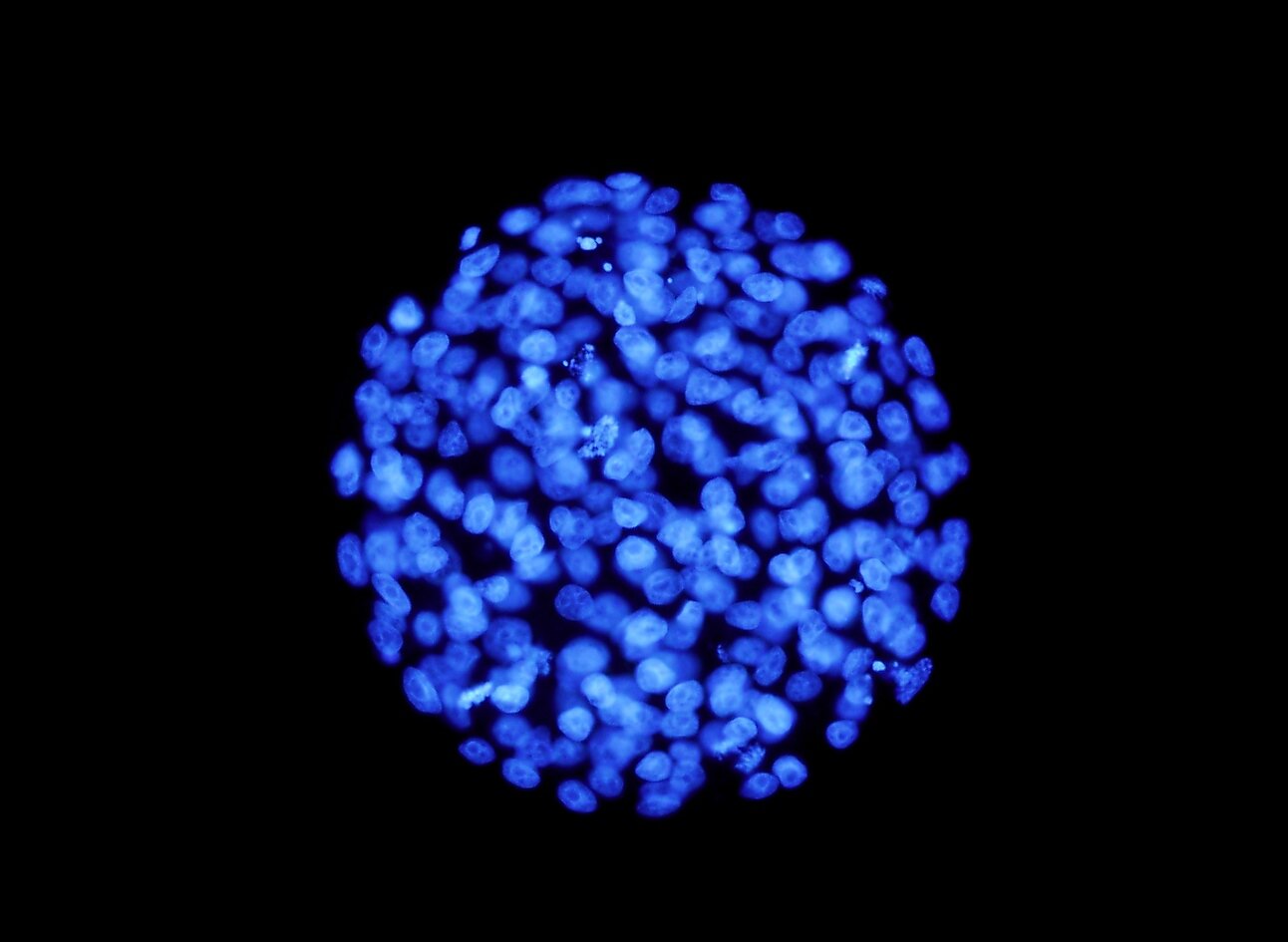

Working Group 2:
Periconception Environment
Lead
Prof Kevin Sinclair
Deputy-Lead
Dr Anne Navarrete-Santos
Aims
To identify environmental factors that can lead to epigenetic modifications in gametes and pre-implantation mammalian embryos:
Parental diet
Environmental chemicals
Physical/emotional stressors
Parental health
Seasonal factors (eg photoperiod)
Gamete/embryo manipulations associated with assisted reproductive technology (ART)
To identify stages of development during the periconceptional period that are particularly sensitive to epigenetic modifications:
Germ-cell specification
Spermatogenesis/spermiogenesis
Oocyte growth/maturation
Fertilisation
Preimplantation development
Gastrulation
To characterise the nature of epigenetic modifications induced to:
DNA
RNA
DNA associated proteins
To understand the long-term developmental consequences of periconceptional epigenetic modifications:
Fetal development
Neonatal viability
Offspring growth and long-term health
Sexual dimorphic effects
Persistency and epigenetic inheritance
Ageing
Periconception Environment
Lead
Prof Kevin Sinclair
Deputy-Lead
Dr Anne Navarrete-Santos
Aims
To identify environmental factors that can lead to epigenetic modifications in gametes and pre-implantation mammalian embryos:
Parental diet
Environmental chemicals
Physical/emotional stressors
Parental health
Seasonal factors (eg photoperiod)
Gamete/embryo manipulations associated with assisted reproductive technology (ART)
To identify stages of development during the periconceptional period that are particularly sensitive to epigenetic modifications:
Germ-cell specification
Spermatogenesis/spermiogenesis
Oocyte growth/maturation
Fertilisation
Preimplantation development
Gastrulation
To characterise the nature of epigenetic modifications induced to:
DNA
RNA
DNA associated proteins
To understand the long-term developmental consequences of periconceptional epigenetic modifications:
Fetal development
Neonatal viability
Offspring growth and long-term health
Sexual dimorphic effects
Persistency and epigenetic inheritance
Ageing
| Guide for COST Participation Rules of Participation |























